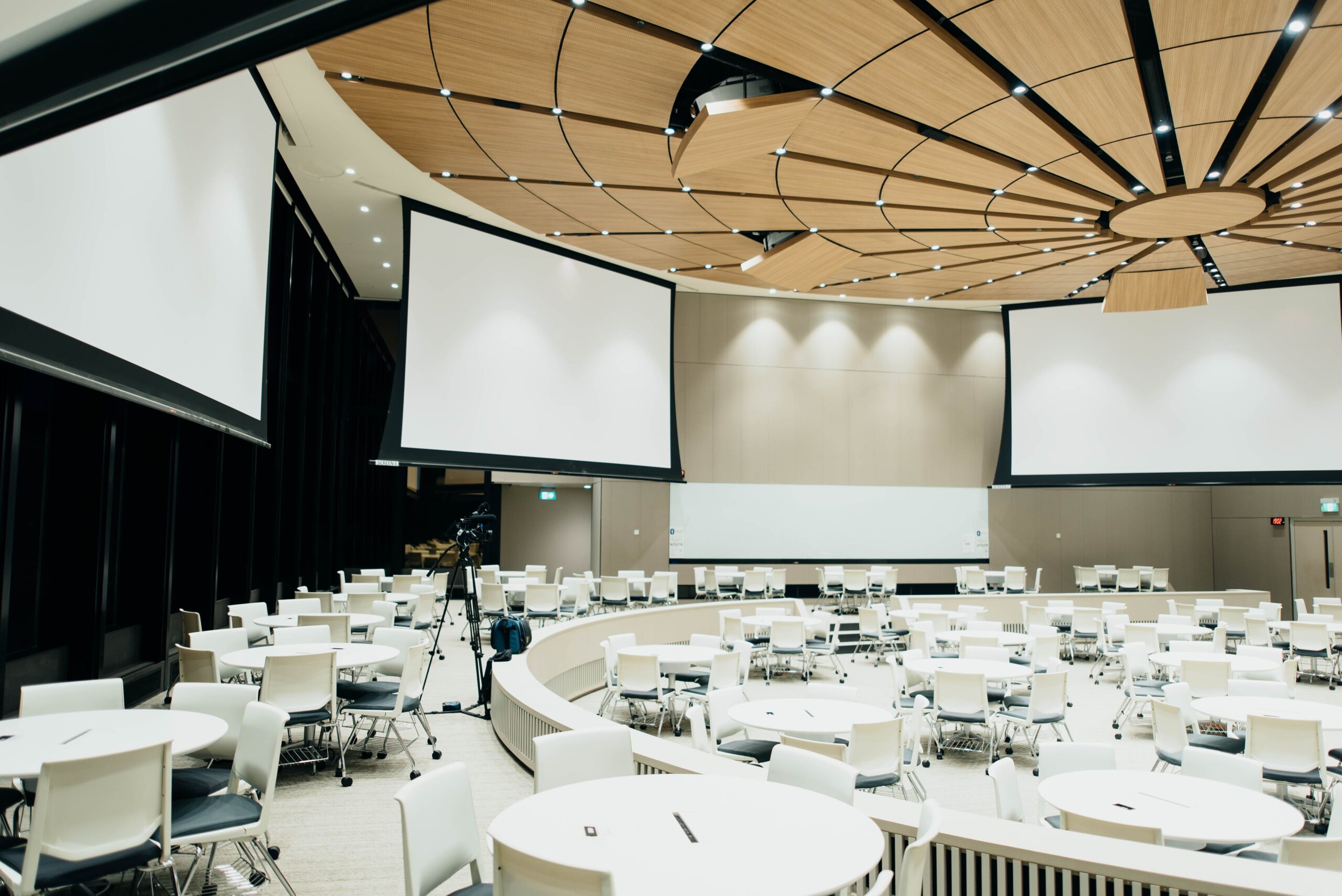Keep your community connected by planning an event.
Attending community events can help people feel more connected to one another and give them a higher purpose. Luckily, these events don’t need to be expensive to be effective. Instead, you can focus on engaging and connecting with your community. With some careful planning and the help of software, you can effectively plan a memorable event.
Remember, a community is a group of people with common interests or connections. It can be individuals who live within the same area or a group of individuals who share a common interest or goal, such as a community dedicated to raising money for animal shelters.
Any group of people can be considered a community. For example, there’s a community for doctors, gamers, animal lovers, students, and so forth. A successful community event is crucial for bringing everyone together to reach a common goal, even if it’s as simple as connecting with your neighbors or meeting new people. Here are a few tips to help you plan your next community event:
Set a Realistic Budget
It’s easy to go overboard with community events and overspend. However, events don’t have to be too expensive. Additionally, you can sell tickets to events to cover costs, but be careful; some community members might not want to spend money on tickets, so it’s a good idea to learn as much as possible about the community to determine if ticket selling is a good idea.
Sometimes, people won’t mind because the money is used to fund the event or go to a good cause. For example, if you’re hosting a community event for a pet rescue, the cost of tickets may cover not only the event expenses but go towards helping pets in need. Whether your event should be free will also depend on the community. For example, your event is already covered by tax dollars if you work for the city. However, if you’re hosting an event for a company or non-profit organization, you’ll need to find ways to cover the costs, which may include donations and ticket sales.
Before worrying about whether or not to charge people to attend your event, you should set a budget. Your projected budget should include estimated costs for line items like rentals, food and beverage, marketing, and entertainment.
Select and Secure Your Venue
 Every event needs a venue. If you’re hosting a city-wide community event, you may be able to have a few roads blocked off. However, you’ll need to discuss this with the city beforehand. Community events usually have limited venue options because they happen quickly. Some communities already have facilities they can use. For example, if you’re holding an event for a school, you can use the school. Meanwhile, if you’re holding an event for a pet rescue, you might want to book a hotel well in advance.
Every event needs a venue. If you’re hosting a city-wide community event, you may be able to have a few roads blocked off. However, you’ll need to discuss this with the city beforehand. Community events usually have limited venue options because they happen quickly. Some communities already have facilities they can use. For example, if you’re holding an event for a school, you can use the school. Meanwhile, if you’re holding an event for a pet rescue, you might want to book a hotel well in advance.
To find the right venue, you must decide what your event will consist of. For example, if you plan on having live music, it’s probably best to have an outdoor venue with a stage. Meanwhile, if your event will consist mainly of networking, you can book a hotel conference room and allow people to set up booths.
Additionally, you should consider the weather. For example, if your event is in mid-January, it’s probably best to hold it inside. However, even if all your guests are safe inside, you might still have to worry about things like blackouts, so it’s a good idea to ensure the venue is prepared. With outdoor community events, you’ll likely source your power from generators, so plan how you’ll make your event energy-efficient to maximize the power you have.
Use Tickets
Even if your event is free, you should have a ticketing system in place to save time. You can use a manual ticketing system, but it can make things more confusing, especially if there’s a fee associated with it. With ticketing software, you can let individuals purchase tickets and automatically add their information to a list, making it easier for you to track how many guests are coming and who they are.
Find Vendors
Identifying vendors is crucial, and they’ll be a part of your financial planning. Once you’ve found vendors who fit your budget, you can secure contracts and ensure you know their arrival times and responsibilities. Every vendor is different, so it’s crucial to ensure both parties understand the terms of the agreement, or else you could be left without food and beverages.
Make a List
Always use a list to track everything you need to do before the day of the event, which may include hiring staff, finding vendors, obtaining a ticketing system, and marketing. Making a list can also help you compare vendors and volunteers to ensure all your bases are covered and nothing will be overlooked.
Get Help
Every event needs event workers. You can hire a staffing agency and pay people to work your event, or you can put out a call for volunteers. Many communities already consist of volunteers that are willing to help as long as they can enjoy at least some of the event. For example, volunteers for an animal shelter can help set up the event, take tickets, and showcase different pets while meeting new people.
Always Arrive Early
On the event day, try arriving at the venue a few hours before everyone else to ensure everything runs smoothly. Your vendors, volunteers, and staff should also arrive early for the next steps or to learn what they’re responsible for. It also never hurts to have a pep talk with them to get them excited about the event.
Invest in Marketing
People can only come to your event if they know about it. So if you want people to attend or buy tickets, they need to learn about the event. You can use several marketing tactics to ensure you spread the word and generate buzz. For example, local community events can advertise in local newspapers or meet with journalists and invite them to attend the event to start generating good publicity. Additionally, you can invest in email marketing by collecting community member emails to ensure they know the event is happening and what to expect.
Final Thoughts
A successful community event is crucial for keeping your members happy and educated on what’s going on within the community. In addition, these events allow them to meet and mingle with like-minded individuals to strengthen the community as a whole. After your event is over, don’t forget to follow up with attendees with a survey to ask how they felt the event went and provide feedback for making the next event even better.





